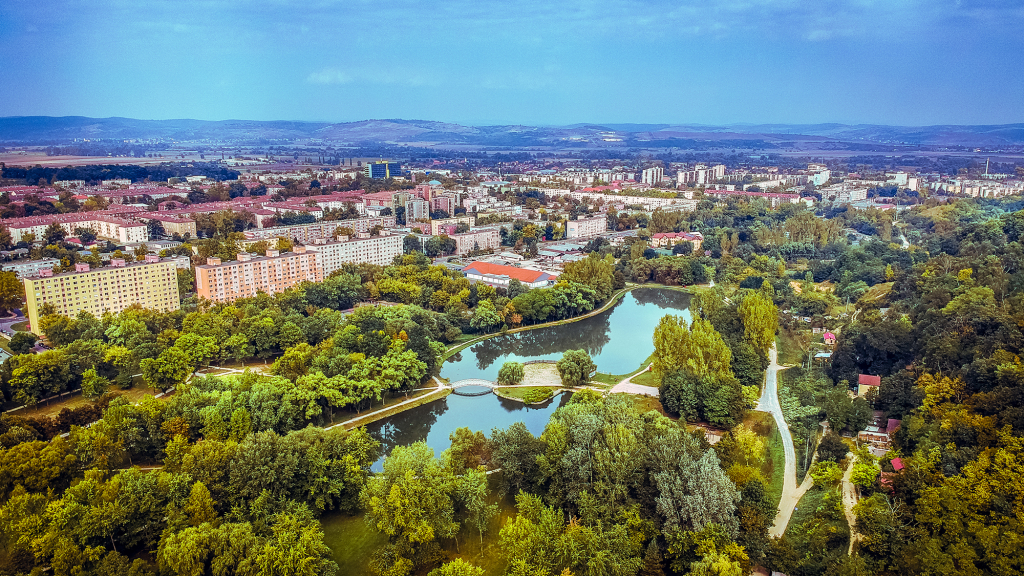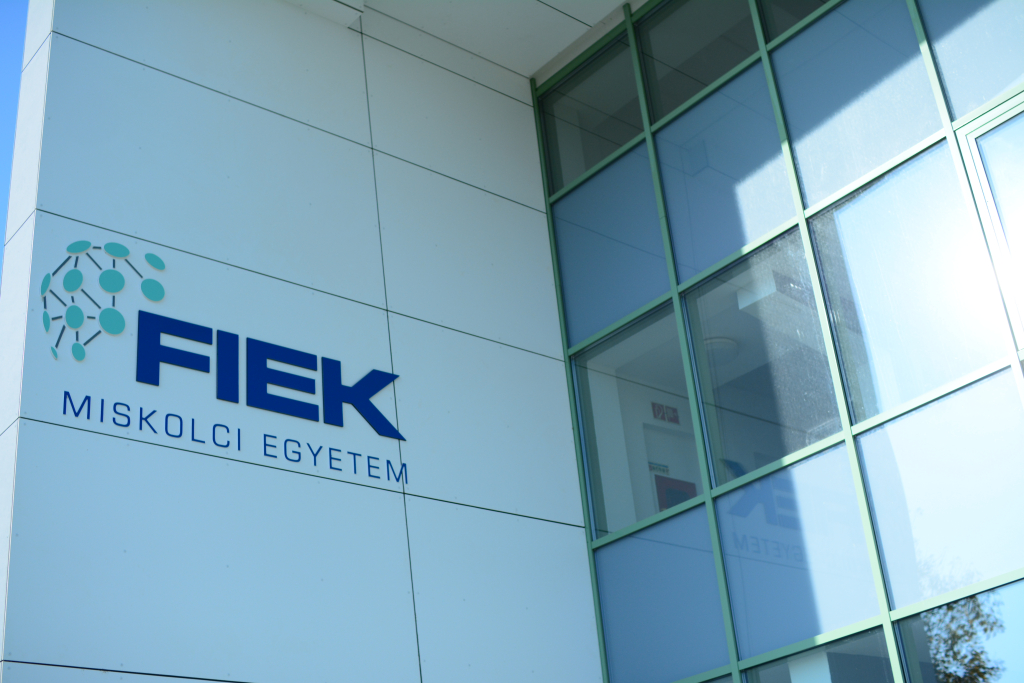Project ID: RRF-2.3.1-21-2022-00014
Project implementation start date: 01.03.2022.
Date of physical completion of the project: 28.02.2026.
Total project cost: HUF 3 571 000 000
University of Miskolc budget: HUF 300 000 000
The aim of the project:
The Multidisciplinary National Laboratory of Climate Change is led by the University of Pannonia and is implemented in a multidisciplinary approach, with the professional cooperation of Hungarian universities, research institutions and the National Meteorological Service, under a unified professional management. The National Laboratory will carry out research and development activities in the field of technological, economic and social adaptation, in addition to studying the characteristics of climate change and the impacts of climate change elements on human health, natural and economic systems and society.
The research areas at the University of Miskolc include:
Reducing CO2 emissions from industrial processes
The key to reducing global CO2 emissions is the capture and storage of CO2 from the combustion of fossil fuels. In the short term, entire industries need to be converted to the new technology. The project will focus on research into CO2 emission reduction technologies that are important for industrial companies. Our research will focus on reducing the CO2 footprint of coal and gas-fired power plants, building materials and construction technologies. In catalytic and gasification processes, we investigate and develop technologies that can be used to produce secondary feedstock from coal resources for the chemical industry.
Development of an environmental sensor-based monitoring network
The aim is to develop low-cost sensor networks (in selected sample areas), whose data will contribute to improving the adaptability of farming (precision farming, irrigation, soil-based technical basis for water management guidelines), as well as the municipal environment, where the sensor network will contribute to mitigating the effects of hazards directly affecting the population (air pollution, heat islands, flash floods) and reducing the extent of damage.



